Just hours before the 2017 New Year begins, cider producers will be celebrating their newest victory in the history of cidermaking. For years, cider production has faced limitations—high taxes, low alcohol by volume (ABV) limits and carbonation regulations—that have affected competition within the ever-expanding industry. Now, a new world of cider awaits, thanks to the efforts of the United States Association of Cider Makers (USACM) and the CIDER Act.
It all started when USACM members traveled to Washington, D.C. to propose an amendment to the hard cider portion of the Internal Revenue Code (26 USC Section 5041). “It was a really big deal that we got our government to do anything,” says USACM Board of Directors member David Cordtz, who points out that many of the cider laws developed out of post-Prohibition wine laws.
The resulting amendment, CIDER Act Language, was signed into act by President Obama on December 18 and becomes effective on December 31, 2016. According to Cordtz, it is broken down into three main categories, the first pertaining to ABV.
While cider producers could previously only produce cider up to 7 percent ABV without having to pay a higher tax rate, the new act raises that limit to 8.5 percent ABV. What seems like a small amount to cider drinkers is a huge deal to producers, who had been forced to limit the types ciders and apples they used before to avoid fees. “A lot of apples produce more than 7 percent alcohol, so you had to dumb it down,” says Cordtz, who is also CEO, founder and cidermaster at Sonoma Cider in Healdsburg, California, as well as Cider Certification Program committee chair. “You couldn’t make it naturally.”
Secondly, the “bubble tax” was removed. “Bubble tax increased radically the amount that you had to produce,” Cordtz explains. “If you produced cider with more carbonation you had to pay a very high tax as if it were Champagne.” The bubble tax was a barrier to small producers who wanted to produce higher carbonated ciders but couldn’t afford the higher taxes.
Finally, CIDER Act Language allows cider producers to craft ciders with pear, minus the extra tax increase. “If you added pear to your apple cider, it got taxed at a higher rate,” Cordtz says, pointing out that many makers in the United States produce a pear cider. Now the category can grow and compete without taxation slowing it down, thrusting little and large cidermakers alike into these tax brackets, according to Cordtz.
He says political motivation stemmed from the fact that apple crop in the United States is a big crop—domestically and globally. Cordtz explains how small orchards have a new outlet to sell their fruit, whereas before, many orchards had to go out of business or pull certain apples.
As for the cider drinker, new horizons are in clear sight. Cordtz says he believes the new act will keep cider prices consistent to beer, making them less likely to rise. For the cider producer, apple supplier and cider lover, CIDER Act Language will prove both cider-friendly and agriculturally-friendly in 2017.
*A previous post of this article ran with minor inaccuracies that have now been amended.

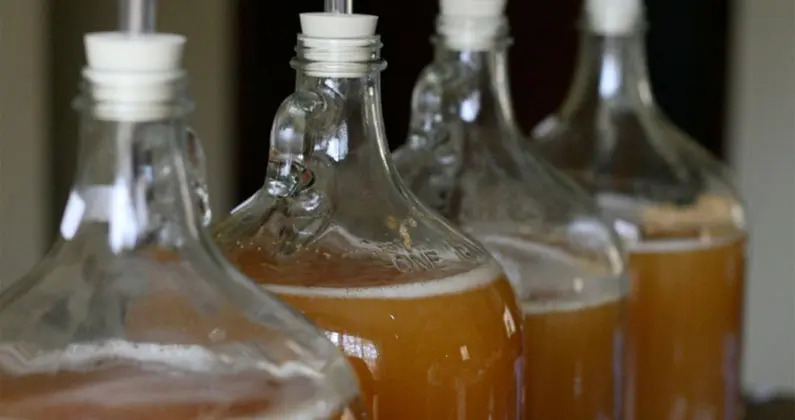
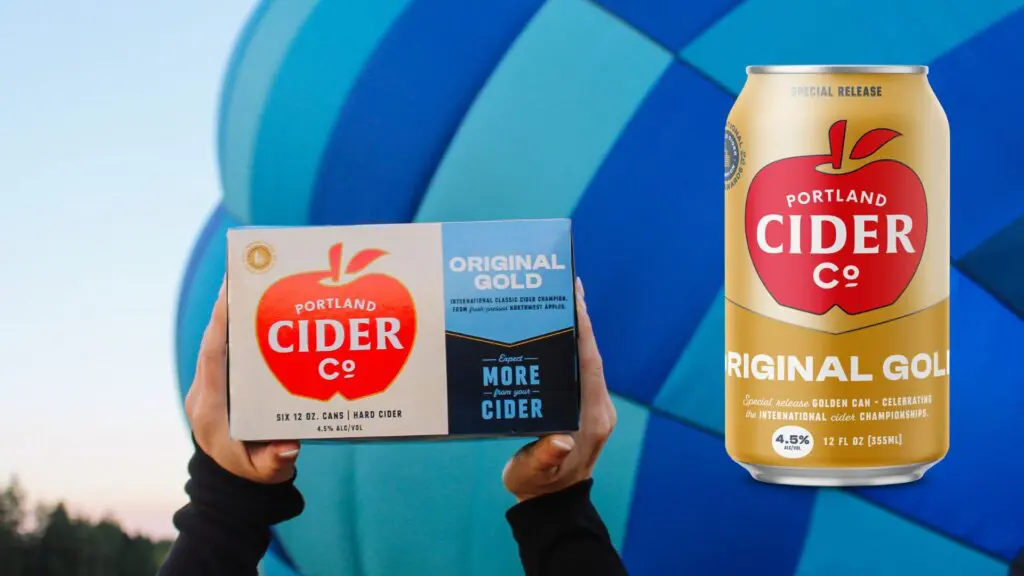
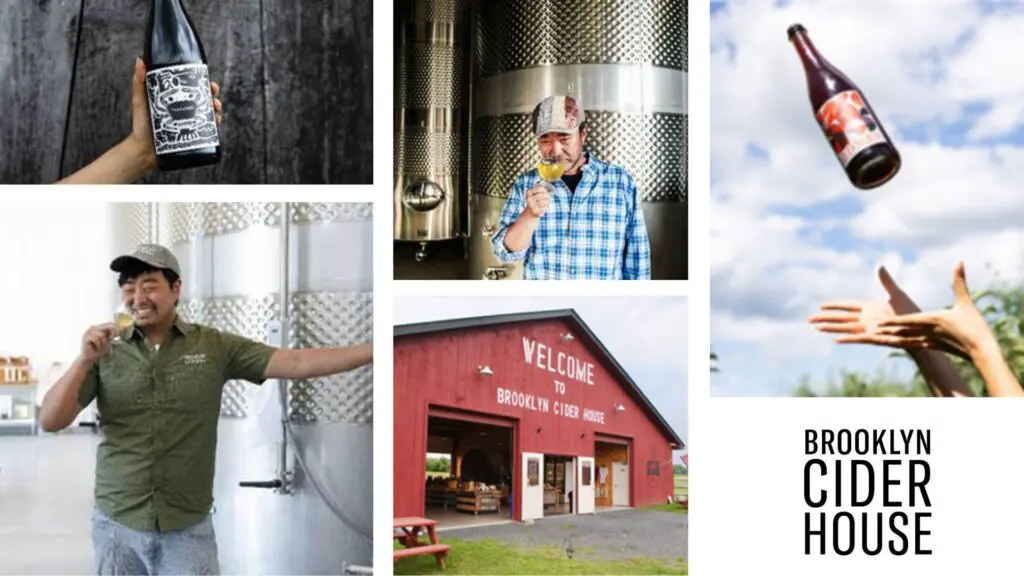
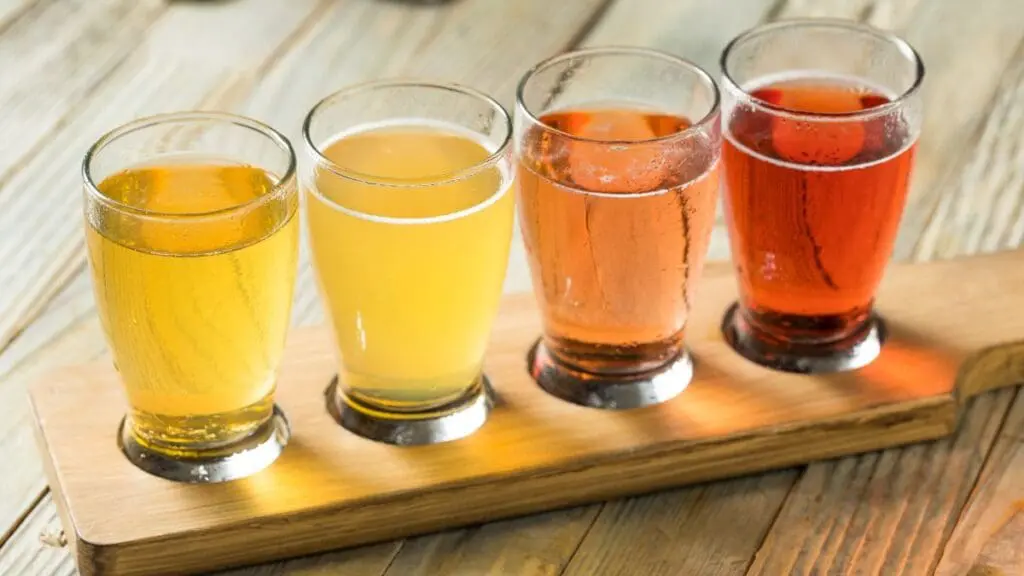
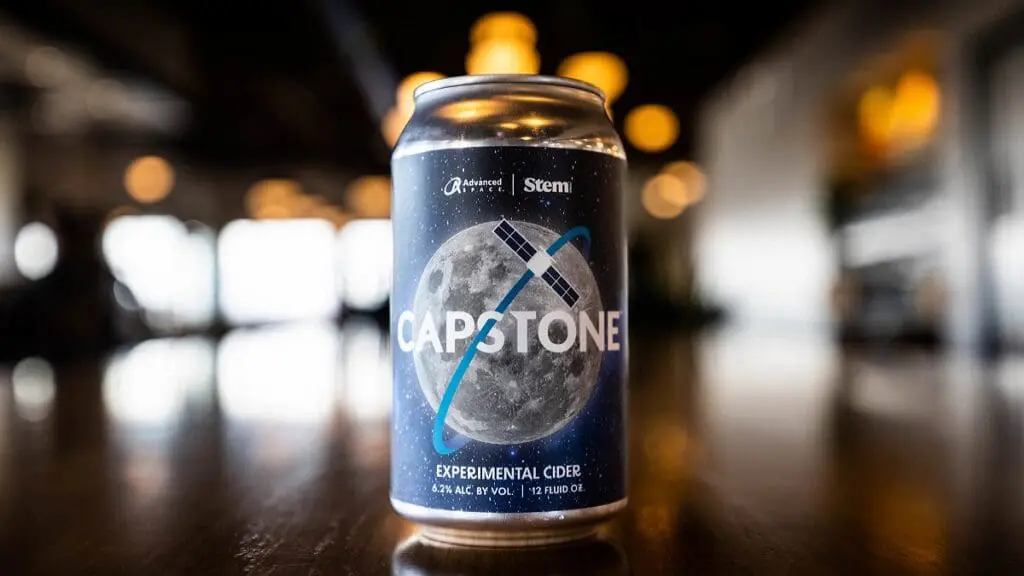
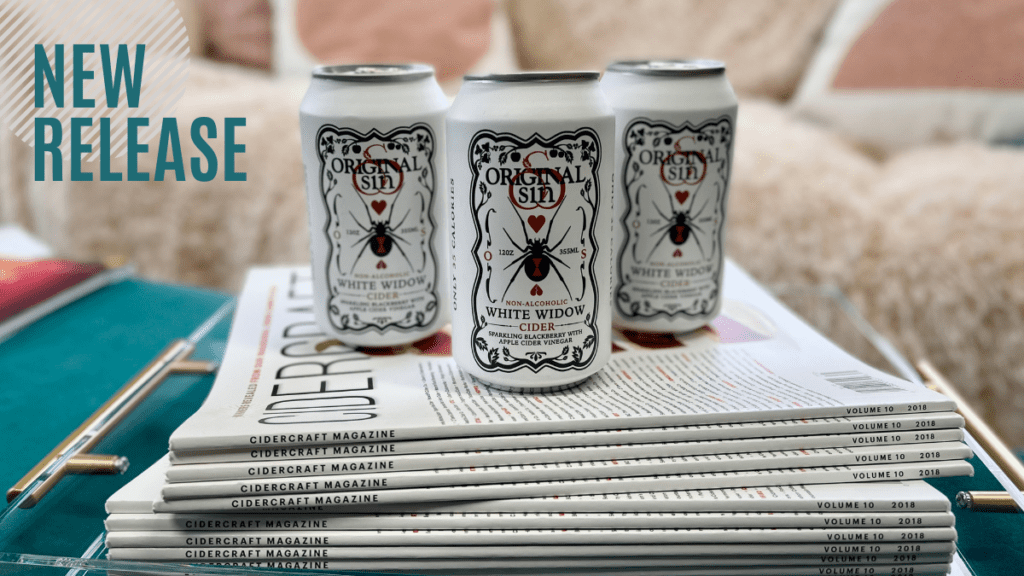

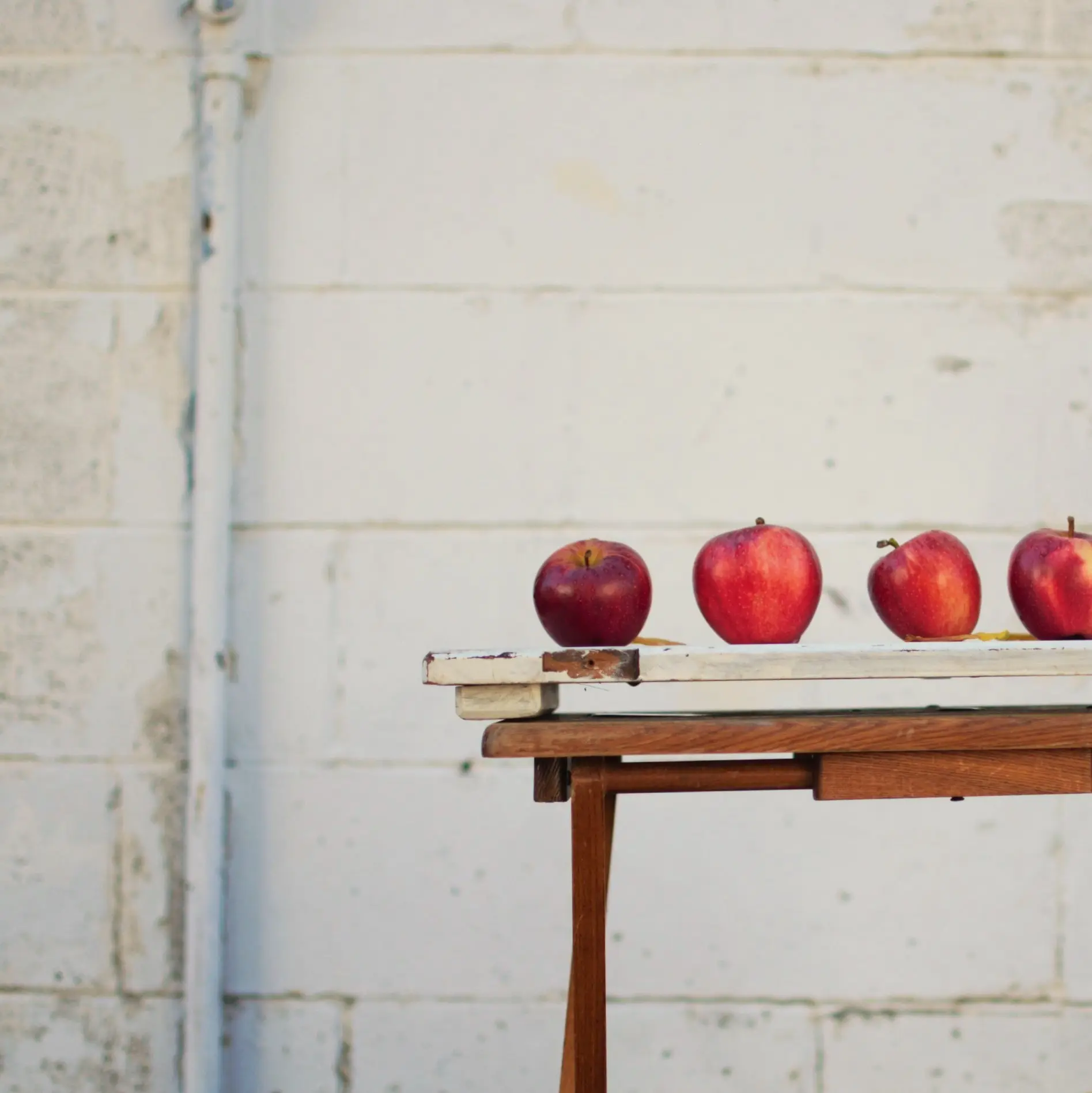



 Introducing Island Daiquiri from @portlan
Introducing Island Daiquiri from @portlan








